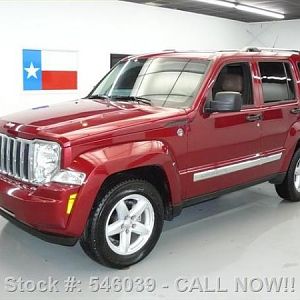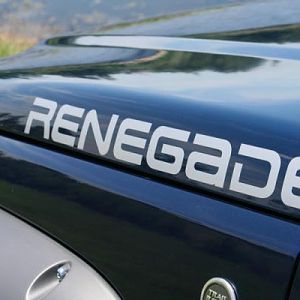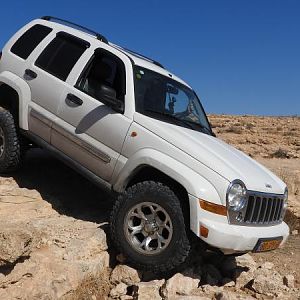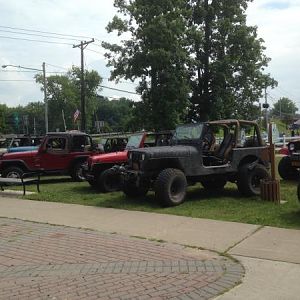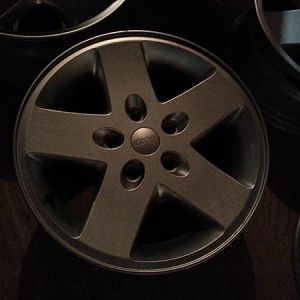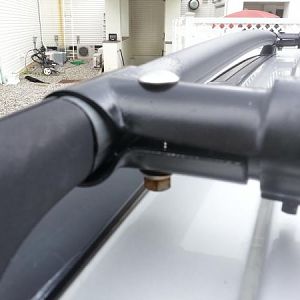Without trying to get into the physics or chemistry of compressed air, I know a few things about compressed air and nitrogen.
I've been driving for over 40 years now, and every since I started driving, I've always heard that you should check your tire pressure when the tires were cold, before you drive the car.
Someone stated above that race car tires operate at over 200 degrees. I wonder what my tire temperatures were this past summer when it was 112 or 113 degrees outside and I was driving down the freeway at 70 Mph or so? I'd guess they were pretty hot.
Compressed air does not always have to have a lot of moisture in it. I worked in diesel power plants for more than 20 years. Most of those big diesel engies used compressed air for engine starting. It was our practice to drain the water/moisture out of the compressed air tanks 3 times a day, once per work shift. I'm not sure what your local tire shop or mechanic does, but they would be wise to drain their air tanks of moisture/water at least once per day. I'm not sure of the moisture content of compressed air, but as stated, it does have some.
I now work in the broadcast industry. We keep our antennas and feedlines compressed at a low pressure to keep water out of them during rain storms. Some folks use nitrogen to do fill their feedlines and antennas, and others, like myself use dehydrators. A dehydrator is an air compressor that sends the air through a dessicant to try out any moisture in it. The moisture content in the air out of the dehydrator is extremely low.
I think the guy from About.Com missed the point entirely. He seemed to think that filling your tires with nitrogen would not effect your fuel mileage. He's probably right, you wouldn't notice any difference.
Please note that the second article was written 9 years ago. Maybe they did charge $100 for that in 1997, I don't know.
As I mentioned in my original post, Costco is now filling car tires with nitrogen. They have a nitrogen generator and a large compressed nitrogen tank. They are doing that for free, and they are doing it now. I noticed that when I went there to have a flat fixed recently.
If it's true that nitrogen expands and contracts less than air does, why not use it? We all have been told by auto and tire manufacturers that correct tire pressure will help with fuel mileage and with tire wear.
When I was in the military and working on aircraft arressting systems in the Air Force, we used nitrogen to keep a static pressure on our arresting system brakes. Guess what? We used "oil pumped" nitrogen, because it has less moisture content in it than regular compressed nitrogen. You can tell the "oil pumped" nitrogen by the number of black bands around the nitrogen tank.
I'm going to buy a set of BF Goodrich Long Trails at Costco next week for my Liberty. I'll let you know how the nitrogen works out. lol3.gif


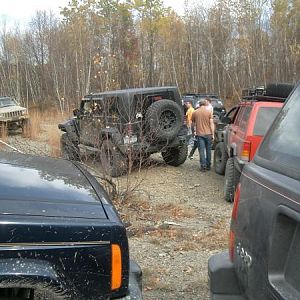
![IMG 0029[1]](/data/xfmg/thumbnail/5/5373-452ea54316e90968cbf94fa7b9f4bf7e.jpg?1623784625)
